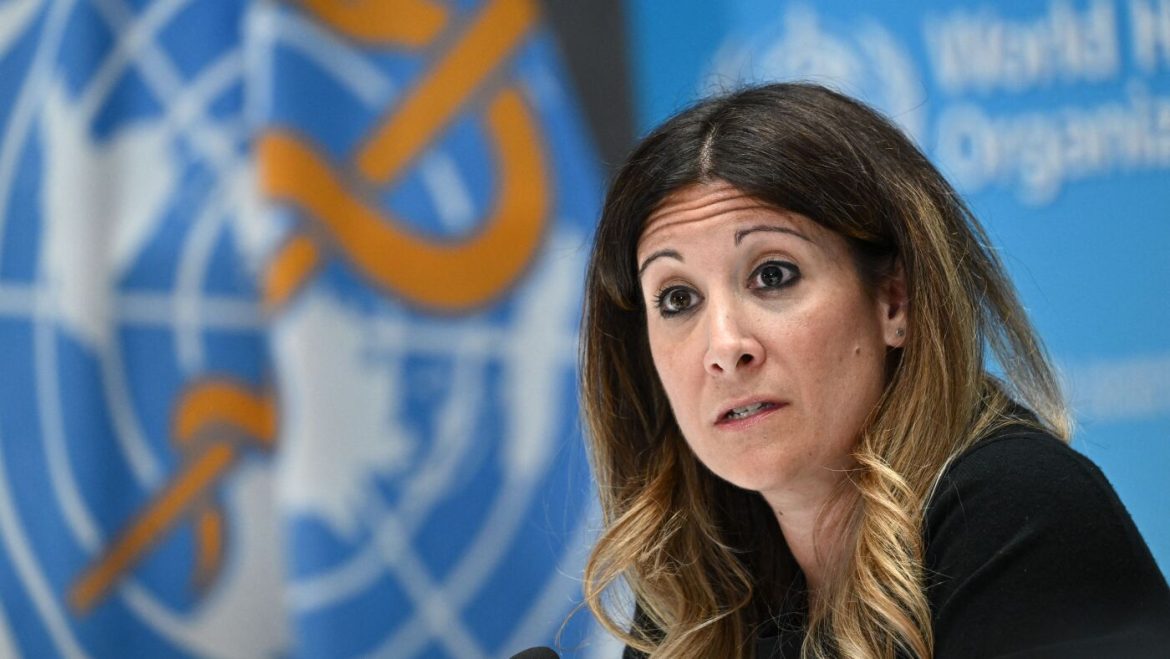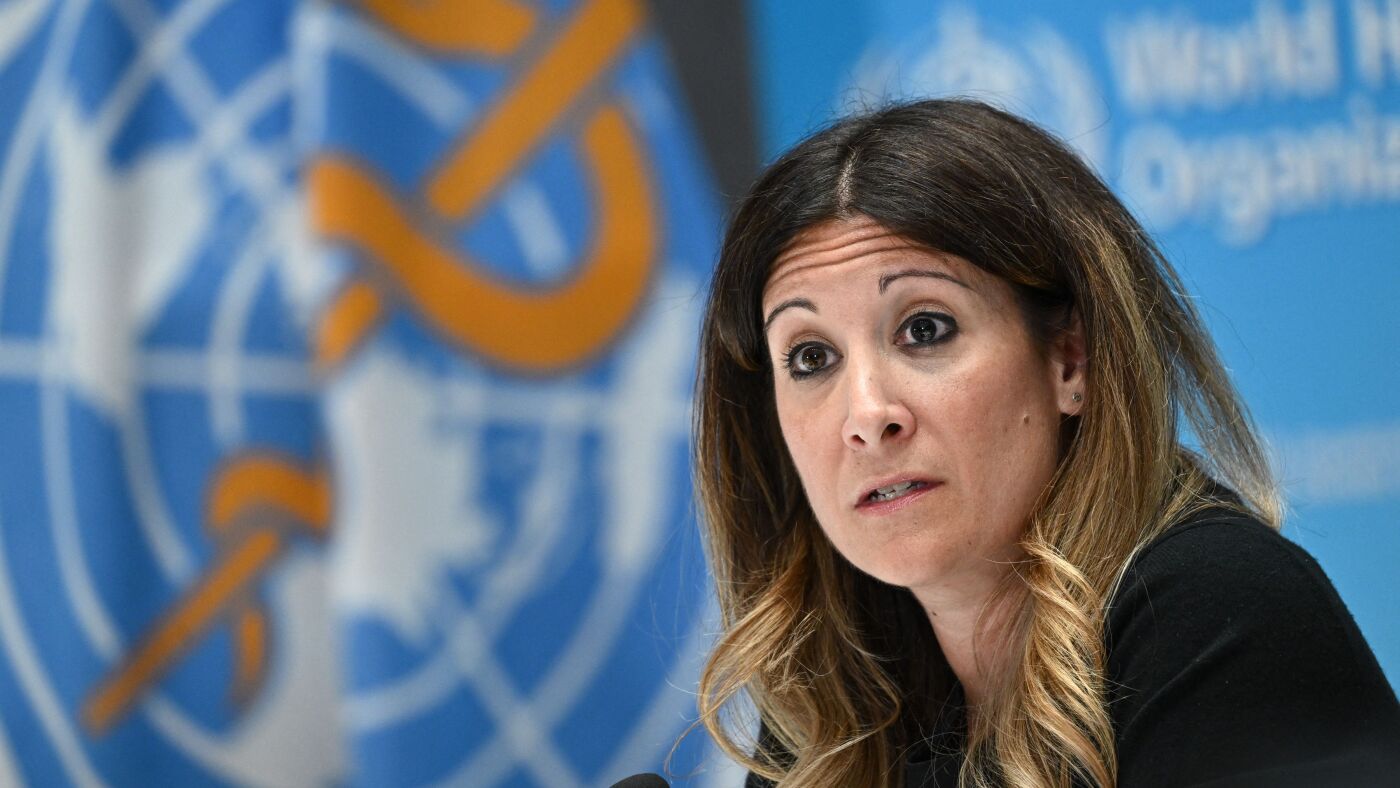The Evolution and Future of Global Health Education: A Comprehensive Analysis
Global health education, a dynamic and increasingly vital field, has undergone significant transformation particularly in response to global crises such as the COVID-19 pandemic. The body of content reviewed reveals multiple dimensions of this evolution—from curricular reform and competency development to the role of students and institutions in shaping a more equitable health future worldwide. This report synthesizes key themes, challenges, and opportunities shaping global health education today and beyond.
—
Responding to Global Crises: The COVID-19 Catalyst
The COVID-19 pandemic emerged as a powerful catalyst for reimagining global health education. Traditional in-person paradigms swiftly transitioned to hybrid and online models, demanding innovation in delivering quality content remotely while maintaining engagement and real-world applicability. For example, the University of Minnesota adapted their decade-long hybrid program entirely online and shared their framework and lessons learned, highlighting resiliency and flexibility as essential traits for contemporary global health education.
Simultaneously, new educational initiatives emerged combining theory with frontline service, exemplified by medical student electives that merged faculty-guided learning with active pandemic response engagement. These models underscore the importance of experiential learning and community involvement in preparing students to confront real-world health crises.
Leadership voices such as Dr. Anthony Fauci have emphasized the urgent need for a new generation of public health professionals equipped to address complex challenges exacerbated by pandemics. Such calls underscore global health education’s evolving role — not just as academic preparation but as a direct contributor to global welfare.
—
Shaping Competency and Curriculum for Equity and Impact
A significant concern within the educational community revolves around establishing standardized competencies for global health professionals. Without unified frameworks, training can lack consistency, reducing the efficacy and impact of graduates in global settings. Research describes efforts to develop competency models tailored to master-level public health students, ensuring that graduates possess relevant knowledge, skills, and ethical frameworks to navigate diverse cultural, political, and economic landscapes inherent in global health work.
Moreover, there is a growing insistence on integrating equity at the core of global health training. This involves moving beyond traditional geographic binaries such as “global north” and “global south,” fostering critical reflection, and promoting equitable partnerships. Training programs are increasingly embedding social determinants of health, cultural competency, and systemic bias analysis into curricula to prepare professionals who can advance health equity worldwide.
—
Institutional Innovations and Growing Academic Interest
Interest in global health education is surging at all academic levels—from expanding undergraduate majors to graduate and postgraduate programs. Universities worldwide are developing specialized degrees and centers dedicated to global health, reflecting student demand and institutional commitment to the discipline.
Institutions such as Yale School of Public Health, Duke Global Health Institute, and numerous Pacific Rim universities showcase diverse approaches to global health education. These include cross-disciplinary training, global partnerships, and focus on practical skills such as use of portable diagnostic tools and AI technologies that transform healthcare delivery in resource-limited settings.
University impact rankings emphasize institutions advancing towards the United Nations Sustainable Development Goal 3 (Good Health and Well-being), spotlighting those leading research, community engagement, and innovation. These frameworks motivate further evolution of educational offerings aligned with global health priorities.
—
Preparing Professionals for a Complex Global Landscape
Becoming a global health expert requires more than theoretical knowledge or aspirational claims on social media—it demands deliberate action, inter-disciplinary training, and cultural humility. Emerging professionals gain from mentorship, field experience, and reflective practice. Insights from global health experts encourage students to understand the complexity of healthcare systems and the value of collaborative, empathetic approaches.
Programs combining research, education, and partnership emphasize resilience, adaptability, and caring—qualities essential for addressing ongoing and future health challenges. Innovative courses such as The Practitioner’s Guide to Global Health on open platforms like edX enhance accessibility and foster global dialogue among students and experts.
—
Mental Health and Underserved Areas: The Rising Priority
Mental health, historically neglected in global health agendas, now demands unprecedented attention. Joint calls from WHO and global mental health organizations stress large-scale investment and integrated approaches to address this critical public health dimension. Incorporating mental health into global health education programs ensures future health professionals comprehend its profound impacts and can contribute to comprehensive care models.
—
The Broader Impact: From Graduates to Global Communities
Graduation ceremonies and community recognition highlight the transition of students into practicing global health professionals ready to make tangible differences in the world. Stories of graduates embracing new healthcare delivery models, growing health equity initiatives, and pioneering research illustrate the real-world impact of evolving education paradigms.
Conferences like the Consortium of Universities for Global Health (CUGH) annual meetings foster collaboration, sharing best practices, and refining strategies for impact, demonstrating the field’s vibrancy and the need for continual innovation.
—
Conclusion: Toward a Future of Informed, Compassionate Global Health Leadership
Global health education stands at a pivotal juncture. It is no longer just about imparting knowledge but about cultivating adaptable, equity-minded leaders ready to navigate an interconnected yet unequal world. The lessons drawn from recent global health crises, advancements in educational delivery, and the push for standardized, competency-based curricula illuminate a path forward that is holistic and inclusive.
By embedding interdisciplinarity, equity, practical engagement, and mental health awareness into training, academic institutions are molding the next generation of global health experts uniquely prepared to tackle current and emerging challenges. As this educational landscape evolves, it will continue to be a potent force driving global progress toward health equity and well-being for all.


